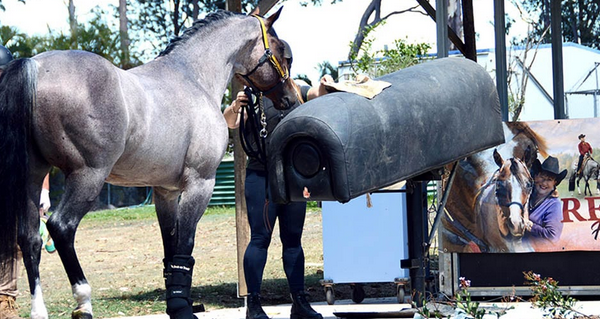|
Getting your Trinity Audio player ready...
|
Horse breeding has a rich history, intricately woven into human culture and development. However, as society’s values shift towards animal welfare and ethical considerations, the practice of horse breeding faces important questions. How can we ensure that breeding practices prioritize the welfare of the animals involved?

Horse Breeding Ethics and Welfare
Understanding Responsible Horse Breeding
Responsible horse breeding extends beyond simply pairing two horses based on desirable traits. It encompasses a comprehensive approach that considers both the physical and mental well-being of the animals. Ethical breeders prioritize health, temperament, and genetic diversity over profit margins.
Selective Breeding: A Double-Edged Sword
Selective breeding has been instrumental in developing specific horse breeds with desired characteristics. However, this practice has also led to health issues caused by excessive inbreeding. Ethical breeding requires a balance between preserving breed traits and maintaining genetic diversity to prevent health problems.
Overpopulation and Unwanted Horses
Irresponsible breeding can contribute to horse overpopulation, leading to the heartbreaking issue of unwanted horses.
Embracing Health and Welfare
Prioritizing the health and welfare of the horses is paramount. Ethical breeders ensure that mares are in optimal health before breeding and that foals are born and raised in safe and supportive environments.
A Shift in Focus: From Quantity to Quality
Ethical breeders emphasize quality over quantity. They understand that producing a smaller number of well-bred, healthy foals has a more positive impact on the horse community and industry.
Transparency in Breeding Practices
Unveil the significance of transparency in ethical horse breeding practices. Responsible breeders uphold an open and honest approach, willingly sharing comprehensive details about their breeding methods and the lineage of their equines. This commitment to transparency not only fosters trust among fellow breeders, riders, and enthusiasts but also bolsters credibility within the broader horse community. Learn how transparent practices promote animal welfare, informed decisions, and a collaborative atmosphere that elevates the standards of horse breeding. Join the journey toward responsible breeding and a united equine community built on integrity.
The Role of Technology and Genetics
Advancements in technology and genetics have revolutionized various industries, including the field of horse breeding. Ethical breeders are harnessing these tools to not only improve the quality of their breeding programs but also to ensure the overall health and well-being of the animals they work with. One of the most significant ways in which technology and genetics are playing a role in ethical horse breeding is through genetic testing.
Addressing Overbreeding
Overbreeding not only strains resources but also compromises the health and well-being of the animals. Ethical breeders adhere to a thoughtful and planned approach to breeding.
The Welfare of Broodmares
Broodmares play a vital role in the breeding process, and their well-being must be a priority.
Post-Breeding Responsibilities
The responsibilities of ethical breeders do not end with the birth of a foal. They remain committed to the well-being of the foal throughout its life, offering support and guidance to owners.
Educating Future Breeders
Nurturing the next generation of breeders with a profound understanding of responsible practices and animal welfare is paramount. Educating aspiring breeders about the ethical dimensions of their craft cultivates a culture of compassion and accountability. Explore how imparting knowledge on genetics, health considerations, and proper care equips future breeders to make informed decisions that prioritize the well-being of the animals they work with. By instilling these values early on, we ensure a legacy of conscientious breeding practices that uplift the standards of the breeding community and safeguard the welfare of the magnificent creatures under their care.
Collaborating for Change
Collaboration among breeders, equine veterinarians, and animal welfare organizations is crucial for promoting ethical breeding practices and improving horse welfare.
The Future of Horse Breeding
As the equestrian world continues to change, these breeders are at the forefront of a movement that prioritizes compassion, sustainability, and the well-being of the animals they work with. Here, we delve into the promising future of ethical horse breeding and the key elements that are driving this transformation.
Conclusion
In conclusion, ethical horse breeding is a delicate balance between preserving breed traits and prioritizing the health and welfare of the animals involved. By embracing transparency, education, and a focus on quality over quantity, ethical breeders are shaping the future of the horse breeding industry for the better. As we navigate the complexities of modern breeding, the values of compassion, responsibility, and animal welfare must remain at the forefront of our practices.
